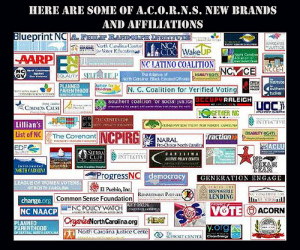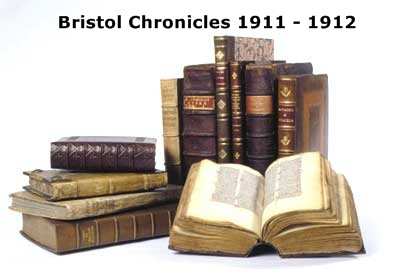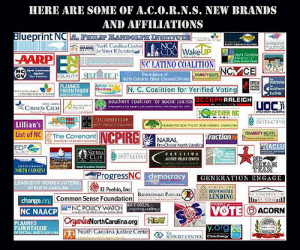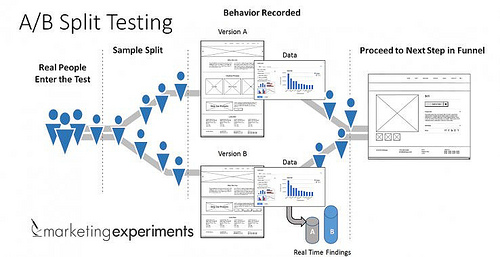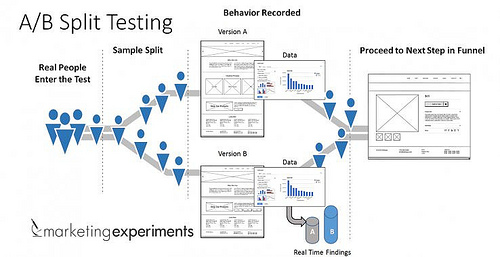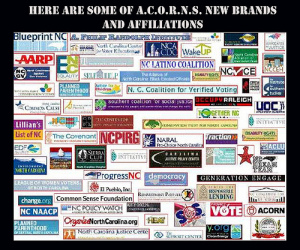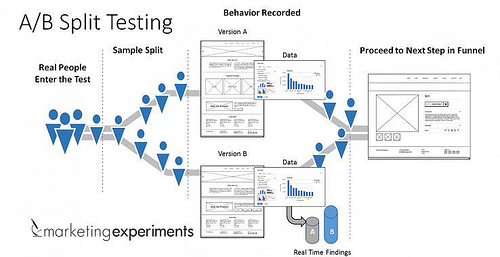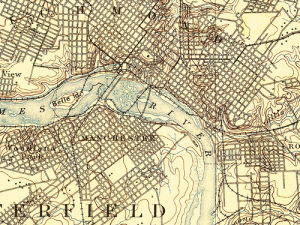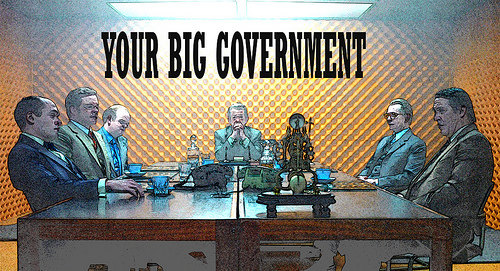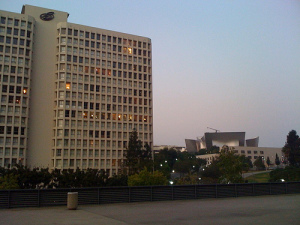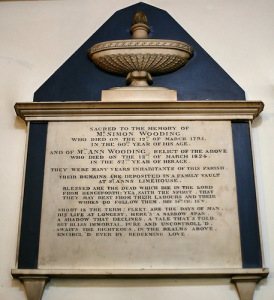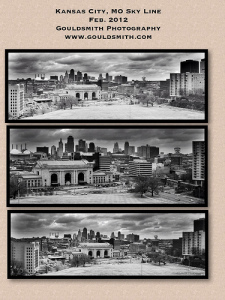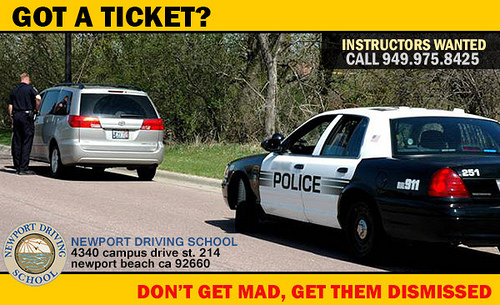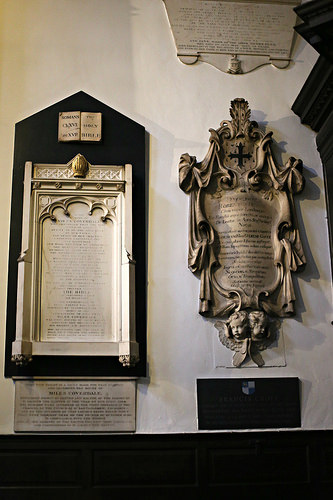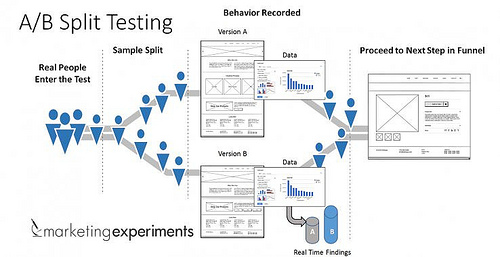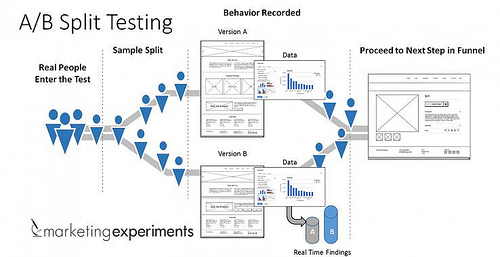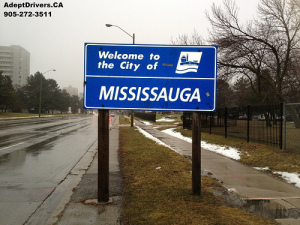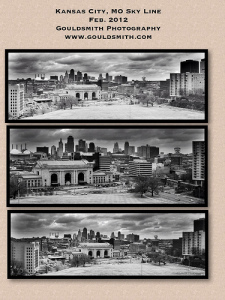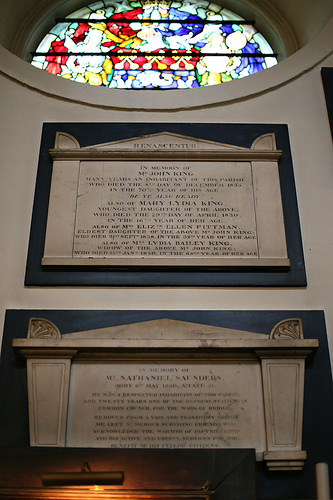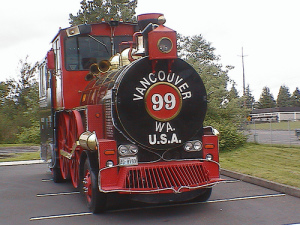At the time of arrest, note any mitigating factors. Could your speedometer have been malfunctioning or were tree branches or other obstructions blocking view of the stop sign? Take note of any unavoidable road or weather conditions involved at the time of the incident. As soon as possible try to photograph or otherwise document those […]
Read More...
At the time of arrest, note any mitigating factors. Could your speedometer have been malfunctioning or were tree branches or other obstructions blocking view of the stop sign?
Take note of any unavoidable road or weather conditions involved at the time of the incident. As soon as possible try to photograph or otherwise document those evidences.
If you are certain your speedometer was giving a different reading than the officer cited, take your vehicle to service garage having the equipment to test the accuracy of your speedometer. If it is off, ask for a certification showing the discrepancy at various speeds.
Something as simple as changing tires to a size larger or smaller can result in inaccurate readings that you might not be aware of. Don't try to debate the citation with the cop along the roadside; save your arguments for court.
Understand that in most situations, the police officer who issued the traffic ticket is the only witness and in a courtroom setting. It may be your word against his as there generally is no tangible evidence to produce and challenge in court regarding a traffic ticket.
To contest the ticket, plead not guilty on or before the date that is on the ticket. The judge will set a trial date and the cop will be notified.
If you interested in pleading the ticket to a lesser offense or having the violation amended to have a lesser affect on your driving record, contact the prosecutor as soon as possible to request cooperation in clearing up the matter that will be more beneficial to you. Do not wait until the day of your trial to attempt to make a deal with prosecutor.
Never ask the judge for a plea bargain. A judge does not make deals; he or she only approves or disapproves of any pleas worked out beforehand.
If a plea bargain is not made with the prosecutor, proceed with the not guilty plea and go with the trial. The police officer will testify first and will state the who, what, why, where, and when.
You are not allowed to interrupt while the prosecutor is questioning the cop. Listen very carefully to the officer's testimony and note any discrepancies that you remember differently.
Control your emotions and body language while the cop is speaking. When it's your turn to ask questions do so in a polite and professional manner.
In a speeding case the officer should produce documents or cite references to establish that the radar or other timing device is approved and has been certified for accuracy. Ask to see the documents, and feel free to ask the judge to verify that they are in order.
When it is your turn to present your side of the story you may present the photo of the stop sign, the speedometer certification from the testing station, or any witnesses who can back up your defense. Factually describe what happened from your point of view.
While questioning the cop, make sure you are asking questions and not engaging the officer in an argument while he is on the stand. Challenge the cop's memory.
Your objective is to have the officer contradict himself in his sworn testimony. Since most likely the trial is between you and the cop, his inability to remember certain things or contradict himself may tip the judge's opinion in your favor.
When the officer is dismissed from the stand, you will have an opportunity to testify. Clearly and confidently explain your side of things.
While testifying, stick to the facts, don't offer opinions or make subjective statements. Know that since you are testifying, the prosecutor will have the opportunity to cross examine you and ask you questions.
When both you and the cop are done testifying, take the opportunity to make a closing argument to the judge and raise doubts as to whether or not you did something wrong. Respectfully tell the judge why you are not guilty of the traffic ticket and point out any inconsistencies that the officer made and any relevant facts the judge should consider.
Take note of any unavoidable road or weather conditions involved at the time of the incident. As soon as possible try to photograph or otherwise document those evidences.
If you are certain your speedometer was giving a different reading than the officer cited, take your vehicle to service garage having the equipment to test the accuracy of your speedometer. If it is off, ask for a certification showing the discrepancy at various speeds.
Something as simple as changing tires to a size larger or smaller can result in inaccurate readings that you might not be aware of. Don't try to debate the citation with the cop along the roadside; save your arguments for court.
Understand that in most situations, the police officer who issued the traffic ticket is the only witness and in a courtroom setting. It may be your word against his as there generally is no tangible evidence to produce and challenge in court regarding a traffic ticket.
To contest the ticket, plead not guilty on or before the date that is on the ticket. The judge will set a trial date and the cop will be notified.
If you interested in pleading the ticket to a lesser offense or having the violation amended to have a lesser affect on your driving record, contact the prosecutor as soon as possible to request cooperation in clearing up the matter that will be more beneficial to you. Do not wait until the day of your trial to attempt to make a deal with prosecutor.
Never ask the judge for a plea bargain. A judge does not make deals; he or she only approves or disapproves of any pleas worked out beforehand.
If a plea bargain is not made with the prosecutor, proceed with the not guilty plea and go with the trial. The police officer will testify first and will state the who, what, why, where, and when.
You are not allowed to interrupt while the prosecutor is questioning the cop. Listen very carefully to the officer's testimony and note any discrepancies that you remember differently.
Control your emotions and body language while the cop is speaking. When it's your turn to ask questions do so in a polite and professional manner.
In a speeding case the officer should produce documents or cite references to establish that the radar or other timing device is approved and has been certified for accuracy. Ask to see the documents, and feel free to ask the judge to verify that they are in order.
When it is your turn to present your side of the story you may present the photo of the stop sign, the speedometer certification from the testing station, or any witnesses who can back up your defense. Factually describe what happened from your point of view.
While questioning the cop, make sure you are asking questions and not engaging the officer in an argument while he is on the stand. Challenge the cop's memory.
Your objective is to have the officer contradict himself in his sworn testimony. Since most likely the trial is between you and the cop, his inability to remember certain things or contradict himself may tip the judge's opinion in your favor.
When the officer is dismissed from the stand, you will have an opportunity to testify. Clearly and confidently explain your side of things.
While testifying, stick to the facts, don't offer opinions or make subjective statements. Know that since you are testifying, the prosecutor will have the opportunity to cross examine you and ask you questions.
When both you and the cop are done testifying, take the opportunity to make a closing argument to the judge and raise doubts as to whether or not you did something wrong. Respectfully tell the judge why you are not guilty of the traffic ticket and point out any inconsistencies that the officer made and any relevant facts the judge should consider.
Related Posts
-
 Facts On Las Vegas Online Traffic School
Las Vegas Online Traffic School course is authorized by the traffic court division to
Facts On Las Vegas Online Traffic School
Las Vegas Online Traffic School course is authorized by the traffic court division to -
 ISBR Business School – AICTE Approved College in Bangalore
The incubators of ISBR had a dream… the dream of a gateway that provides
ISBR Business School – AICTE Approved College in Bangalore
The incubators of ISBR had a dream… the dream of a gateway that provides -
 California Christian Boarding Schools For Troubled Teens – Troubled Teens In Ca
Abundant Life Academy, representing parents and troubled teens in California, is a Christian boarding
California Christian Boarding Schools For Troubled Teens – Troubled Teens In Ca
Abundant Life Academy, representing parents and troubled teens in California, is a Christian boarding -
 Superior Orange County Dentistry
Dr. Scott Rice, an Orange County dentist, takes pride in setting his practice apart
Superior Orange County Dentistry
Dr. Scott Rice, an Orange County dentist, takes pride in setting his practice apart -
 Approved Auto Body Repair
The road can be an unpredictable place and it is always possible that your
Approved Auto Body Repair
The road can be an unpredictable place and it is always possible that your -
 Avoiding Traffic School By Driving Safely
Good observation is the key factor in safety driving. Observe your surroundings, visual alerts,
Avoiding Traffic School By Driving Safely
Good observation is the key factor in safety driving. Observe your surroundings, visual alerts, -
 Online Traffic School
Nearly everybody will opt for to take a traffic faculty course in their lifetime,
Online Traffic School
Nearly everybody will opt for to take a traffic faculty course in their lifetime, -
 Approved Auto Body Repair
The road can be an unpredictable place and it is always possible that your
Approved Auto Body Repair
The road can be an unpredictable place and it is always possible that your
